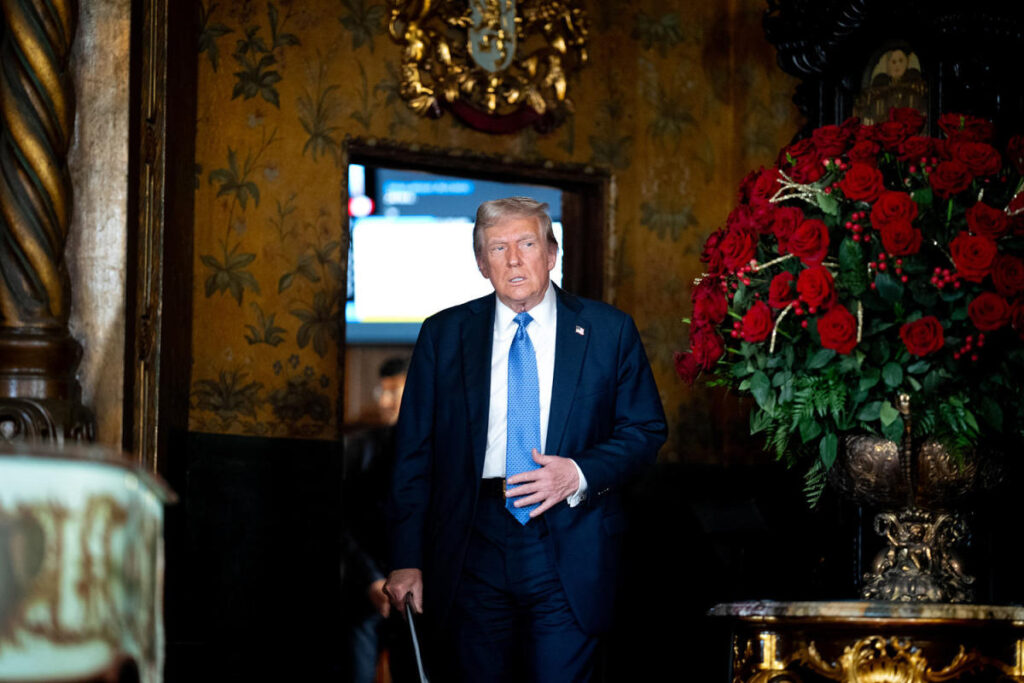Congress managed to avert a government shutdown just in time for the holiday season, yet this deal has complicated the legislative landscape for President-elect Donald Trump’s upcoming term. The newly passed funding bill extends government operations until March 14, 2025, placing Republicans in the position of needing Democratic support to prevent another shutdown shortly after. Despite Republican control over the White House and Congress, significant party divides threaten unity. Trump’s insistence on linking government funding with the debt ceiling was largely ignored, and 170 House Republicans chose to bypass his preferences, illustrating the ongoing fracture within the party.
The disruption witnessed during this negotiation foreshadows a tumultuous legislative session ahead. Conflicts within the GOP are evident as lawmakers express concern over the inability to present a unified front, which could hinder Trump’s agenda. As Sen. Ron Johnson criticized the decision to delay funding until March instead of securing a longer-term solution, it’s clear that internal discord is prevalent. His sentiment reflects a broader frustration among members regarding existing dysfunction in coordinating party strategy, with calls for increased communication between factions and the White House being made to avoid future crises.
Despite efforts to rally a cohesive plan, chaos reigned during the negotiations. Speaker Mike Johnson faced significant challenges in crafting a bipartisan agreement after Trump’s sudden involvement disrupted initial discussions. Fellow Republicans illustrated contrasting perspectives on the situation: while some downplayed the disjointedness as part of an evolving understanding among party factions, others expressed deep concern over the chaos characterizing recent legislative dealings. A clear divide exists, underscoring the difficulties inherent in reconciling divergent interests within the party, especially amidst Trump’s looming presidency.
Looking forward, the GOP faces a litany of urgent priorities that necessitate astute political maneuvering. Alongside another imminent government funding renewal and a debt ceiling that requires addressing to avert a default, the need for confirming Trump’s administration personnel surfaces as a critical task. Moreover, pushing through major party-line efforts, including immigration reforms and tax law extensions, is pivotal for Republican aspirations. Despite the chaotic backdrop, some members, like Sen. Ted Cruz, acknowledged that the process would not lack excitement, indicating a climate rife with both opportunity and potential conflict.
The involvement of high-profile figures, such as Elon Musk, also complicates the landscape. His influence in undermining bipartisan efforts has led to bipartisan discontent, indicating how external pressures can disrupt traditional legislative processes. Several lawmakers expressed unease over wealthy individuals threatening political repercussions on behalf of their interests, thus raising questions about the integrity of decision-making within Congress. This dynamic could further exacerbate tensions among legislators as they navigate conflicting pressures from both constituents and powerful influencers.
As Congress adjourns for the holidays, a sense of foreboding permeates discussions among lawmakers regarding the upcoming year. Concerns about the ability of the Republican Party to maintain cohesiveness under pressure emerge, especially with a slim majority in the House. Observers anticipate significant turbulence, given the complexities of navigating Trump’s ambitions and the fractious nature of the current political climate. With even the election of a speaker looming as a potential challenge amidst ongoing divisions, the coming legislative session is poised to be marked by high stakes and unpredictable outcomes.

